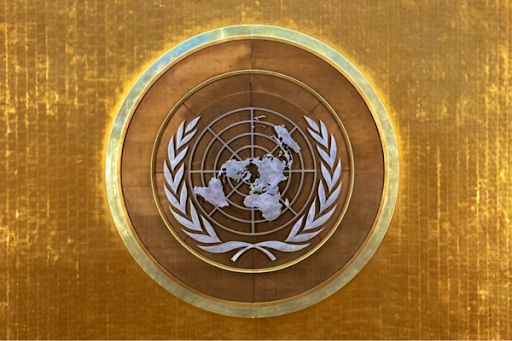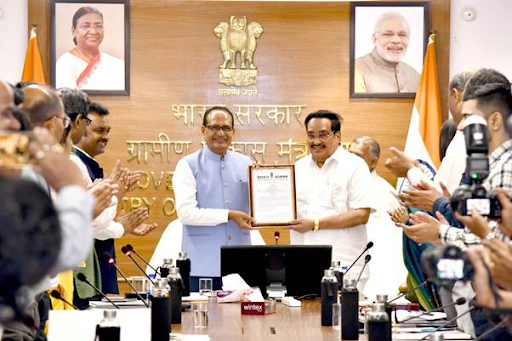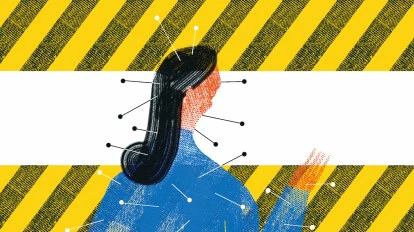Description
GS PAPER I: Salient features of Indian Society, Diversity of India.
Context: United Nations Population Fund’s (UNFPA) flagship State of World Population Report 2021 titled ‘My Body is My Own’ launched.
Key findings of the report:
- The report, ‘My Body is My Own’, shows only 55% of women are fully empowered to make choices.
- Nearly half the women from 57 developing countries do not have the right to make decisions regarding their bodies, including using contraception, seeking healthcare or even on their sexuality.
- This is the first time a United Nations report has focused on bodily autonomy, defined as the power and agency to make choices about your body without fear of violence or having someone else decide for you.
- Only 55% of women are fully empowered to make choices over healthcare, contraception and the ability to say yes or no to sex.
- It also highlights that only 75% of countries legally ensure full and equal access to contraception.
- Some examples of violation of bodily autonomy include, child marriage, female genital mutilation, a lack of contraceptive choices leading to unplanned pregnancy, unwanted sex exchanged for a home and food or when people with diverse sexual orientations and gender identities cannot walk down a street without fearing assault or humiliation.
- Under its ambit also fall people with disabilities stripped of their rights to self-determination, to be free from violence and to enjoy a safe and satisfying sexual life.
India’s condition
- In India, according to NFHS-4 (2015-2016), only about 12% of currently married women (15-49 years of age) independently make decisions about their own healthcare, while 63% decide in consultation with their spouse.
- For a quarter of women (23%), it is the spouse that mainly takes decisions about healthcare.
- Only 8% of currently married women (15-49 years) take decisions on the use of contraception independently, while 83% decide jointly with their spouse.
- Information provided to women about use of contraception is also limited — only 47% women using a contraceptive were informed about the side effects of the method, and 54% women were provided information about other contraceptives.
- Women’s access to bodily autonomy is measured in the report through their power to make their own decisions about their reproductive health care, contraceptive use and sexual relations and the extent to which the laws of the countries support or interfere with a woman’s right to make these decisions.
https://www.thehindu.com/news/national/unfpas-population-report-launched/article34329822.ece?homepage=true









